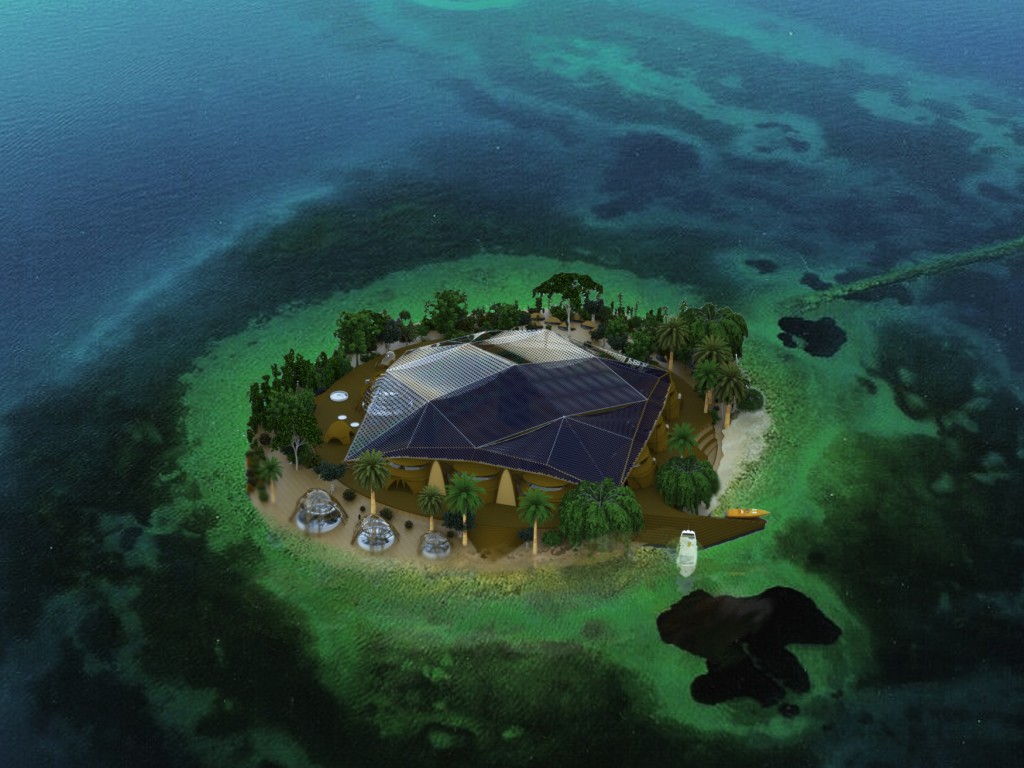
Re-Land
A Self-Sufficient Model for an Island
Iaac 2017-2018
Self-Sufficient Habitat Thesis Studio
Thesis Advisor: Vicente Guallart
Advisor Assistant: Honorata Grzesikowska
Student: Cagan Izgi
After the industrial revolution, as a human race we have been talking about its consequences and how it caused to widespread psychological suffering and created communities living in cognitive dissonance.
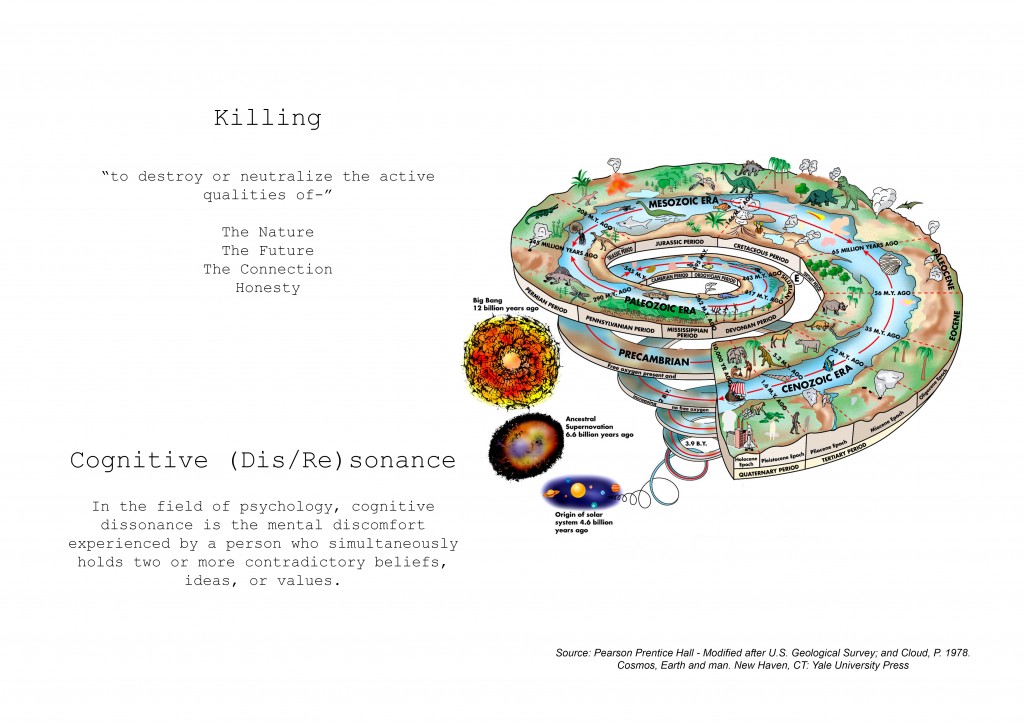
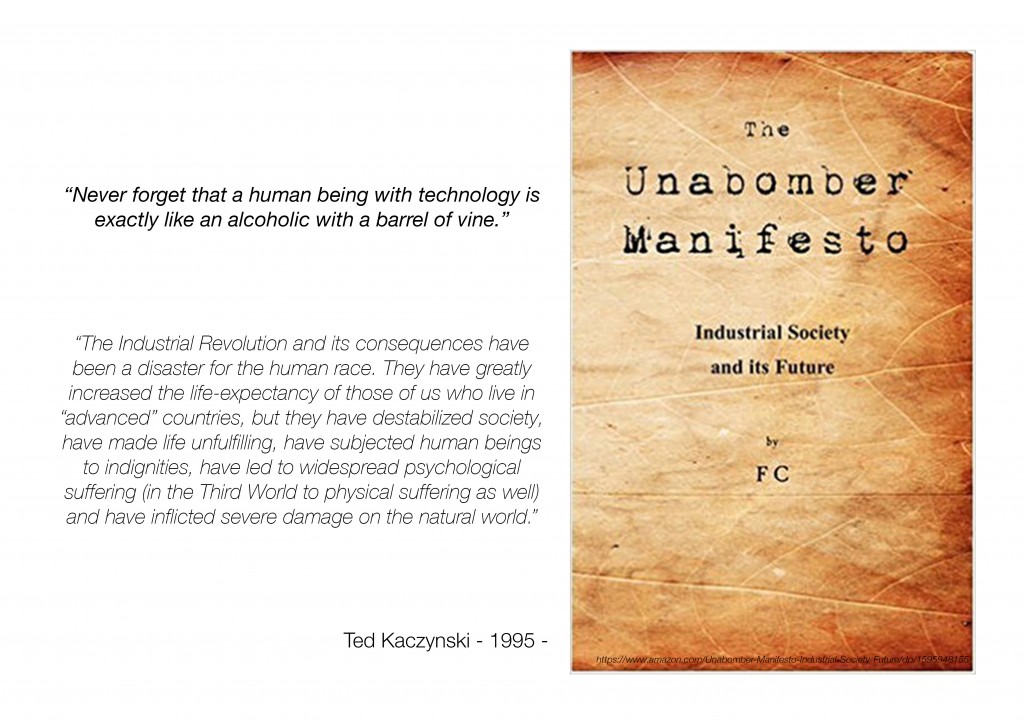
In addition to that, How it has inflicted a critical damage on the natural world and created lack of access to clean drinking and agricultural water.
These consequences on the planet has directed us to rethink the connection between nature and human. This thinking emerges in psychology, science as well as in the arts and in the late 60’s the term “Community Art” was defined and spawned an international movement and created communities which focused on the values of environment.
To re-think and experiment these connections, designing a Self-Sufficient Community Model for an Hectare Land which allows artists and researchers to mutually live and explore the sustainable qualities of seawater within the self-sufficient cycle. The qualities of natural sources such as the solar, wind and sea conditions can allow the ReLand community to achieve self-sufficiency by developing a structure from local materials to take shelter and growing food with the combination of permaculture and LEDs, and solar powered energy production may allow the communities to achieve self-sufficient co-living by co-working.
There are intents on experimenting natural systems in extreme conditions like BIOS-3 which is an underground research facility in Russia focuses on the feasibility of sustaining human life in a sealed system. And there is Biosphere-2 which is an Earth System Science Research Facility on the Desert in Arizona.
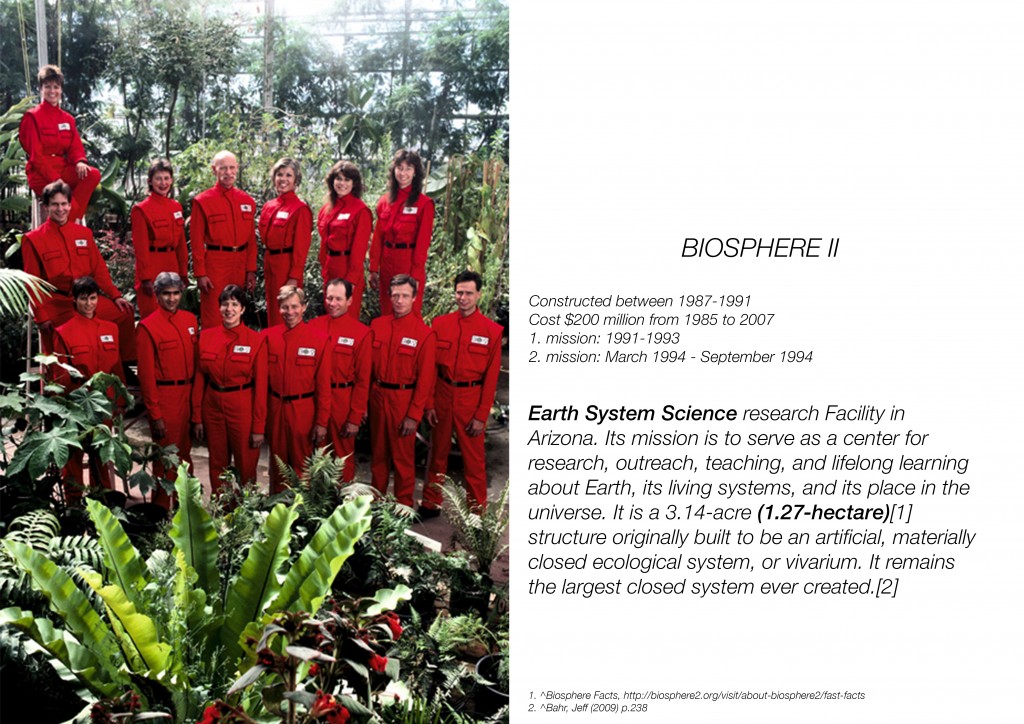
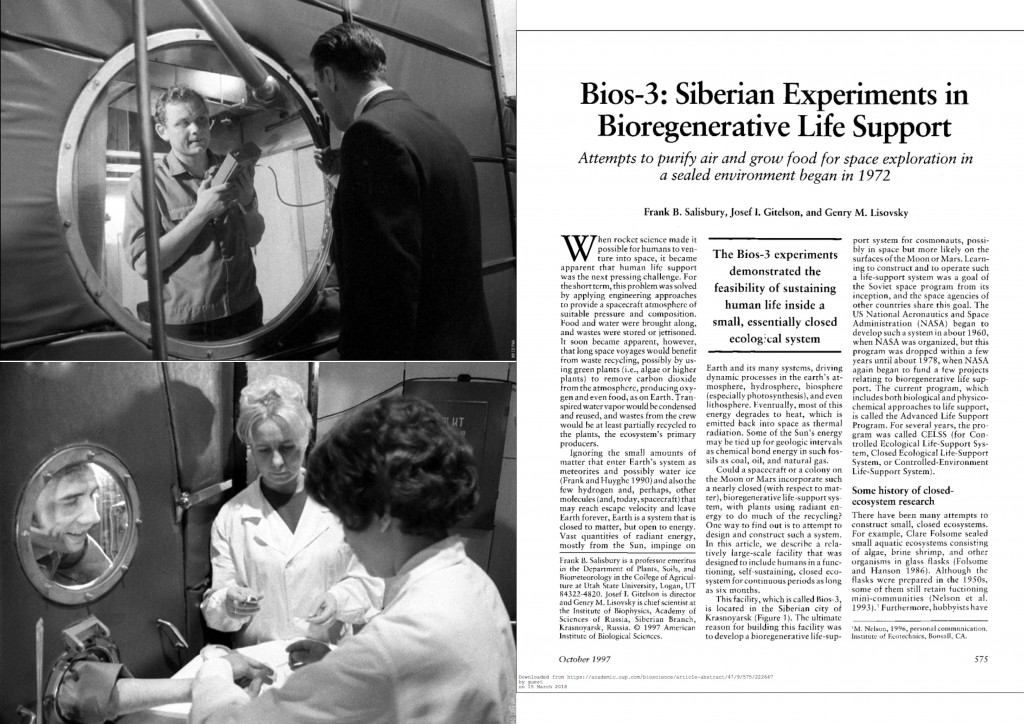
According to the results that these facilities had experienced, some of the experiments ended because of psychological issues in team and some of them ended because of miscalculations about the ecosystem.
Re-Land
In this research, to provide a certain level of comfort for artists and researchers to live and experiment as a community, an Island environment can give more psychological freedom in socially isolated conditions to experiment long term environmental experiments about the human nature and can give possibility to run experiments on seawater to extract clean drinking water and minerals directly from sea.
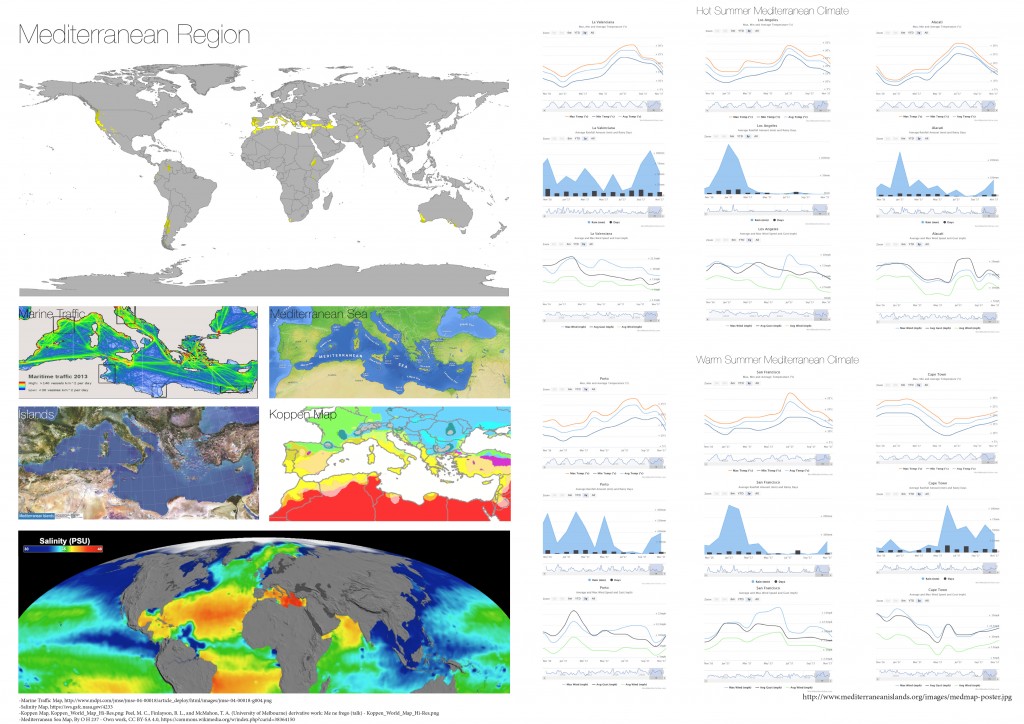
According to the World salinity map from NASA, mediterranean sea is the one of richest region in terms of dissolved minerals in seawater which makes this region a target for this research and there is a 1 hectare private Greek island which can allow to propose a Self-Sufficient model for 12 people community.

Re-Landing Process Video
The qualities of natural sources such as the solar, wind and sea conditions
allowed the ReLand community to achieve self-sufficiency by developing
a structure from local materials to take shelter and growing food with
the combination of permaculture and LEDs, and solar powered energy
production.
The combined production systems has created a model which gives
opportunity to host art and science based community experiments on islands
or seaside territories in Mediterranean region.
Thanks